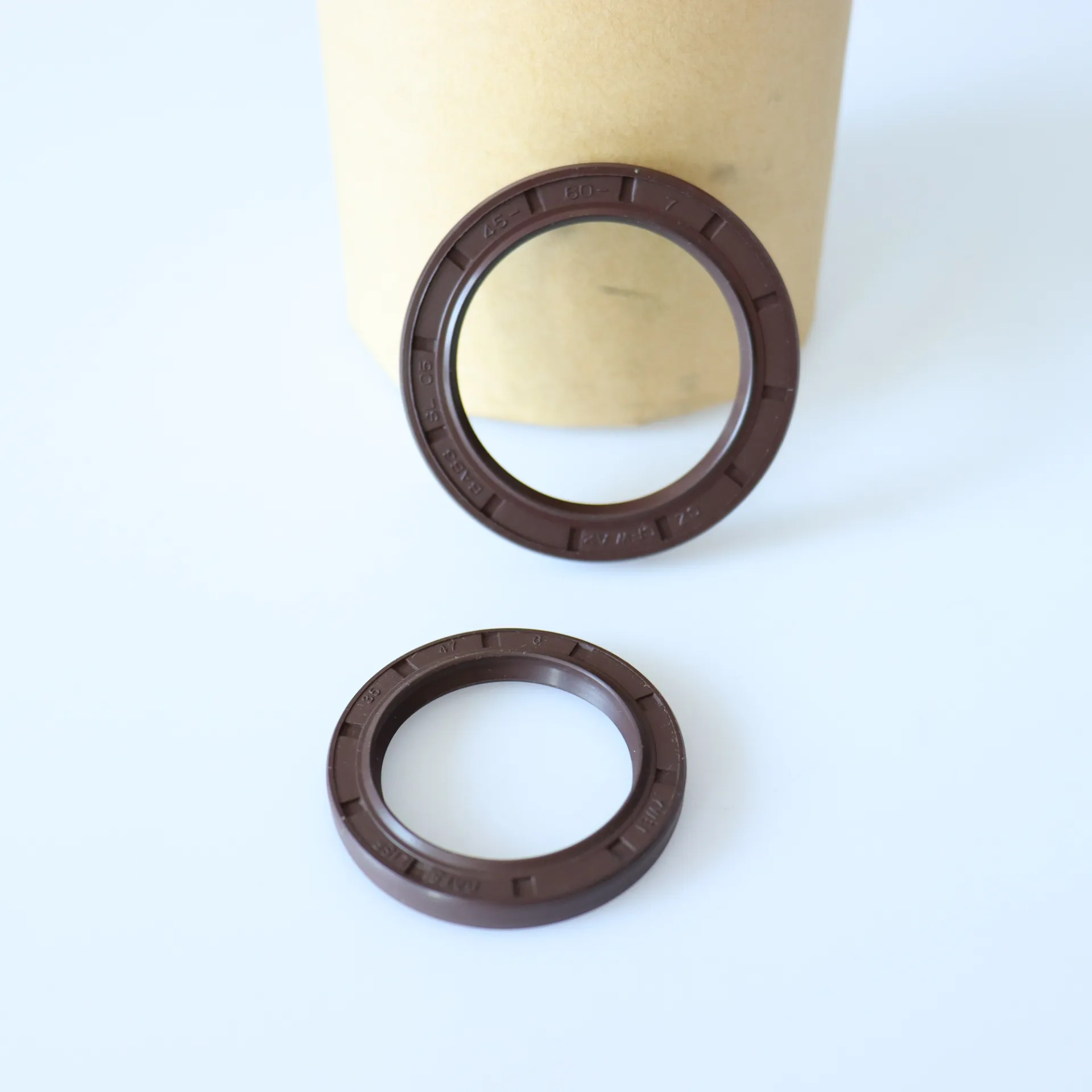Nov . 18, 2024 16:08 Back to list
Understanding Hydraulic Motor Seals and Their Importance in Fluid Power Systems
Understanding Hydraulic Motor Seals Importance, Types, and Applications
Hydraulic motors are essential components in a variety of industrial applications, providing mechanical energy by converting hydraulic energy. A critical aspect of ensuring the efficiency and longevity of hydraulic motors is the use of high-quality seals. These seals play a pivotal role in preventing fluid leaks, maintaining pressure, and protecting internal components from contaminants. In this article, we will explore the importance of hydraulic motor seals, the types available, and their applications.
Importance of Hydraulic Motor Seals
The primary function of hydraulic motor seals is to contain hydraulic fluid within the motor while preventing external contaminants from entering. This sealing is vital for several reasons
1. Leak Prevention Leaks can lead to loss of hydraulic fluid, resulting in decreased efficiency and potential system failure. Seals are designed to withstand high pressures and prevent fluid escape.
2. Maintaining Pressure Hydraulic motors rely on pressure differentials to operate effectively. A compromised seal could result in reduced pressure leading to inefficient performance.
3. Contaminant Protection External contaminants such as dust, dirt, and moisture can severely damage hydraulic motors. Seals protect sensitive internal components from these harmful intrusions.
4. Improved Lifecycle By ensuring that hydraulic motors operate in an optimal environment, effective seals contribute to extended service life, reducing the frequency and costs associated with repairs and replacements.
Types of Hydraulic Motor Seals
There are several types of seals used in hydraulic motors, each designed for specific functions and environments
1. O-Rings These are circular seals made from elastomeric materials. O-rings are simple, cost-effective, and suitable for static and dynamic sealing applications. They are known for their versatility and ease of installation.
2. Rod Seals These seals are used to seal the rod of hydraulic cylinders and motors. They are primarily designed to handle high pressures while allowing for smooth movement. Typical materials include polyurethane and Nitrile rubber.
hydraulic motor seals

3. Piston Seals These seals are crucial for maintaining pressure between the piston and the cylinder wall. Piston seals must withstand high pressure and extreme temperatures. They are typically made from durable compounds like PTFE or rubber-based materials.
4. Seal Kits Often, manufacturers provide complete seal kits that contain a combination of O-rings, rod seals, piston seals, and backup rings, tailored for specific motor models. This ensures comprehensive sealing solutions for repairs and maintenance.
5. Backup Rings These are not seals themselves but are often used in conjunction with other seals to prevent extrusion and enhance sealing performance under high pressure. They provide support and stability to primary seals, extending their lifespan.
Applications of Hydraulic Motor Seals
Hydraulic motor seals find applications across various industries
- Construction Heavy machinery such as excavators, bulldozers, and cranes rely on hydraulic motors. Seals are essential to ensure these machines operate efficiently, especially in harsh environments.
- Agriculture Tractors and harvesters utilize hydraulic motors for various functions, including steering and lifting. Reliable seals contribute to the machinery's overall performance.
- Manufacturing Hydraulic motors are common in factory automation systems. Sealing solutions are necessary to maintain operational uptime and efficiency in production lines.
- Automotive Many automotive systems, including power steering and brakes, use hydraulic motors. Effective seals are crucial for safety and performance.
Conclusion
Hydraulic motor seals are vital components that ensure the efficient operation, longevity, and reliability of hydraulic motors. Their ability to prevent leaks and contamination significantly contributes to the performance of hydraulic systems in various industries. Understanding the types of seals available and their specific applications can help engineers and technicians select the right sealing solutions, ultimately leading to enhanced mechanical efficiency and reduced maintenance costs. Whether in construction, agriculture, manufacturing, or automotive applications, the significance of high-quality hydraulic motor seals cannot be overstated.
-
TCN Oil Seal Metal Ring Reinforcement for Heavy Machinery
NewsJul.25,2025
-
Rotary Lip Seal Spring-Loaded Design for High-Speed Applications
NewsJul.25,2025
-
Hydraulic Cylinder Seals Polyurethane Material for High-Impact Jobs
NewsJul.25,2025
-
High Pressure Oil Seal Polyurethane Coating Wear Resistance
NewsJul.25,2025
-
Dust Proof Seal Double Lip Design for Construction Equipment
NewsJul.25,2025
-
Hub Seal Polyurethane Wear Resistance in Agricultural Vehicles
NewsJul.25,2025
-
The Trans-formative Journey of Wheel Hub Oil Seals
NewsJun.06,2025
Products categories
















